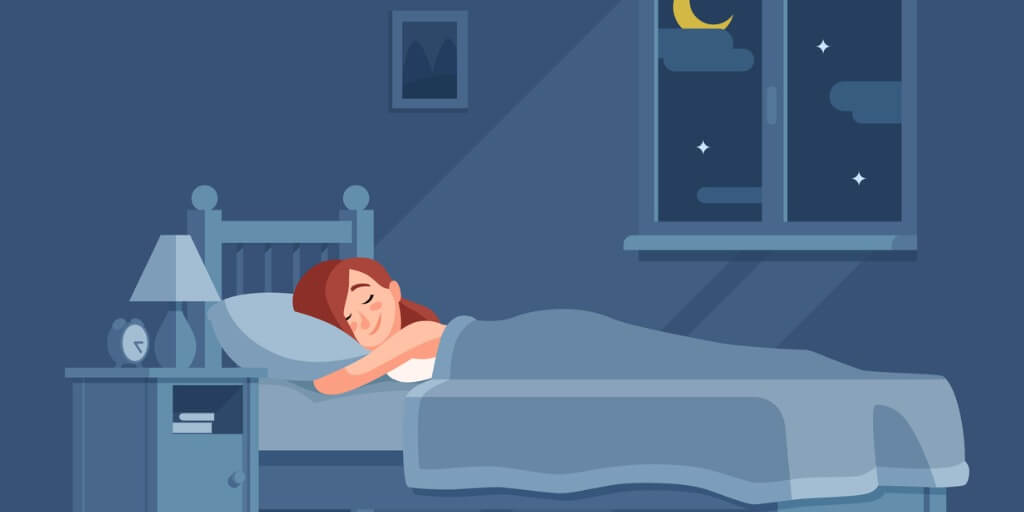September 8th, 2020 | 2 min. read

Sleep. It's not just about sweet dreams and 8 hours. Your body needs sleep to regulate and strengthen its immune system, recharge its batteries, and relieve stress. During COVID-19, it's more important than ever to get a good night's sleep, because that will help boost your immune system and maximize your resilience to the virus. In this video, Midlothian health coach Jaime Monsen offers five tips on how to get better sleep.
Join Jaime for a Live Q&A on Facebook at 1:00 pm on Thursday. As always, we'll post a recap after the Q&A if you weren't able to tune in. Check out all of our Strong Immunity September content here.
Jaime Monsen, Certified Health Coach
As a certified health coach at PartnerMD in Midlothian, VA, Jaime Monsen has more than 20 years of experience. She has worked with patients struggling with a variety of health and wellness issues, including weight, stress, sleep, balance, and more. Jaime is dedicated to getting to know you, your interests, your work, your family, and your day-to-day life. She aims to understand your unique challenges and create solutions that simplify your life and help you thrive.